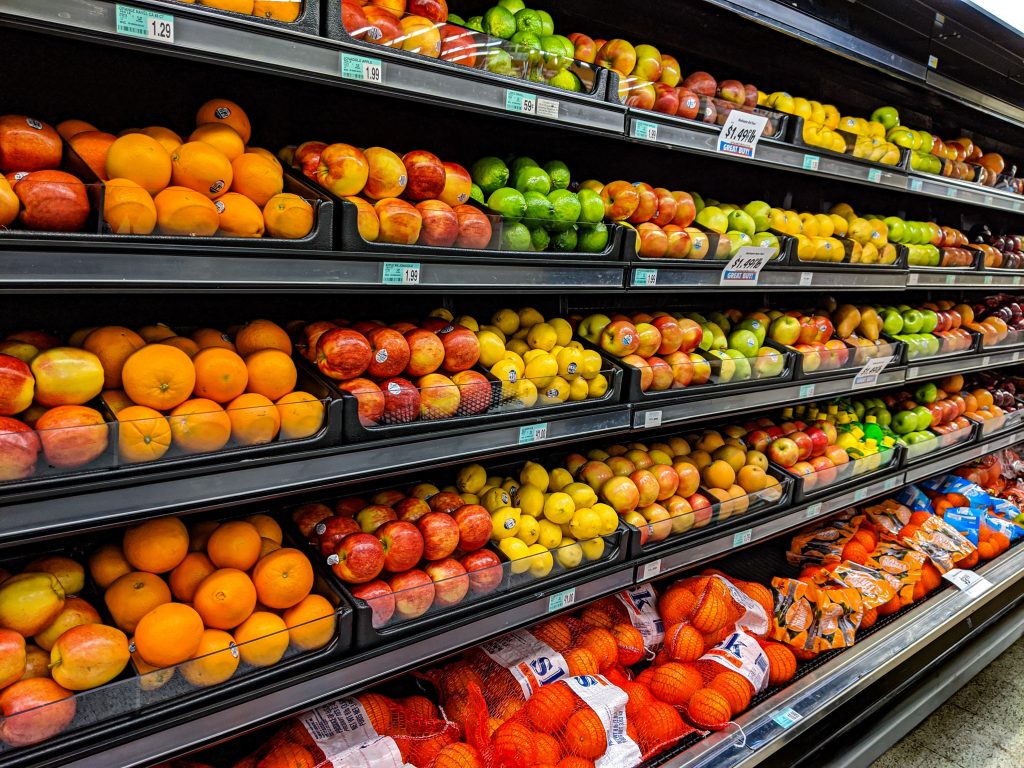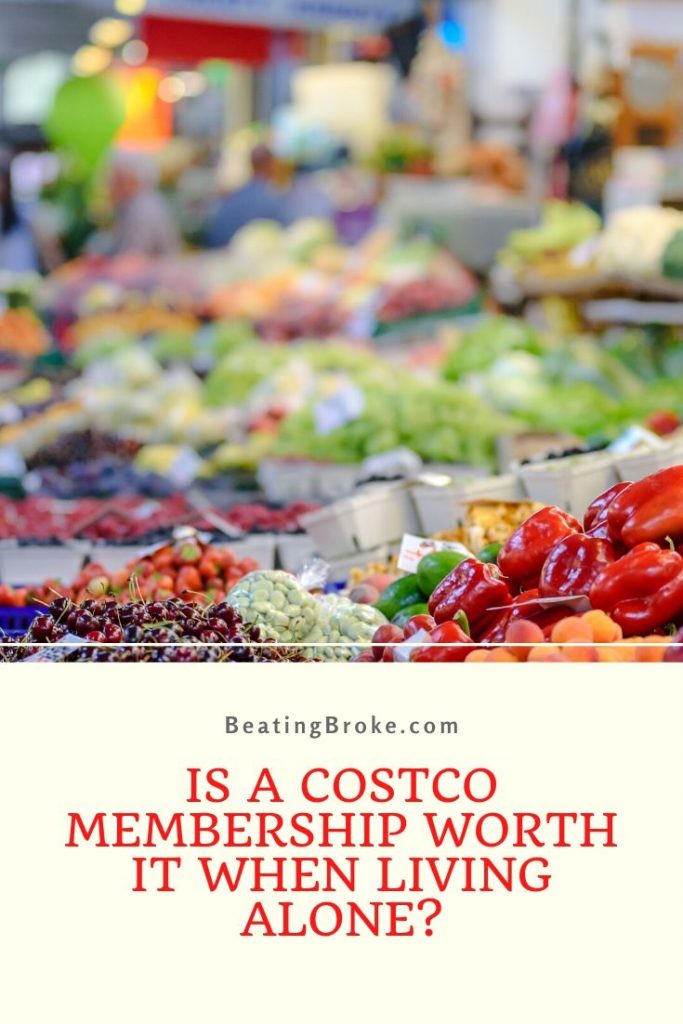When most people buy a house, they take out a loan with a traditional lender. However, individuals who are interested in buying run down houses to fix them up to then sell or rent rarely qualify for traditional mortgages. Instead, they seek hard money loans, which have short terms and give the investor more flexibility than a traditional loan. Before you first enter the home flipping business, it’s important to know what is required for a hard money loan.

What Is Required for a Hard Money Loan?
Of course, each lender will have their own requirements, but in general, there are three criteria that are most important when trying to secure this type of loan. Not surprisingly, many of the requirements circle around cash on hand and experience.
Down Payment
Most banks require a 25 to 30% down payment for residential properties.
In general, a successful hard money loan fit this formula. Consider the estimated after repairs retail value of the property. Let say you expect to sell the property for $250,000 when you’re done fixing it up. Maybe you purchased the property for $100,000. You expect to complete the repairs for $60,000, and you also want to borrow enough to cover closing costs of, say, $15,000. Your total comes to $175,000, or 70% of the expected value of the property. If you use this formula, you will likely qualify for a hard money loan.
Cash Available

Since hard money loans are inherently risky, the lender will take a close look at your cash reserves. You will need substantial cash reserves to use during the renovation process to pay for things like HOA dues, interest payments on the hard money loan, insurance on the property, and other expenses.
The more cash you have available, the more likely you are to qualify for the loan.
Exit Strategy
The last thing the bank will consider is your exit strategy. Most hard money loans only have terms of six to 18 months, so you must have a plan for what to do when the loan term ends.
For private properties, there are two basic exit strategies:
Sell
The most typical option is to immediately sell the property when you’re done renovating it. You settle the hard money loan, get your profit, and are free to go on to invest in the next property. Some investors go a step further and get a cash out refinance so they then have even more cash on hand to invest in the next property.
Rent
Another option is to renovate the property, then rent it. When you rent it, the property is now making money. You’ll be able to go to a traditional mortgage lender and get a traditional mortgage in place of your hard money loan.
Final Thoughts
If you are considering going into the real estate business, you must first learn what is required for a hard money loan. When you meet the requirements, you’ll be able to secure your first loan. After you have amassed more experience and cash, you will find that hard money loans are easier to obtain, and you’ll be able to grow your business.






